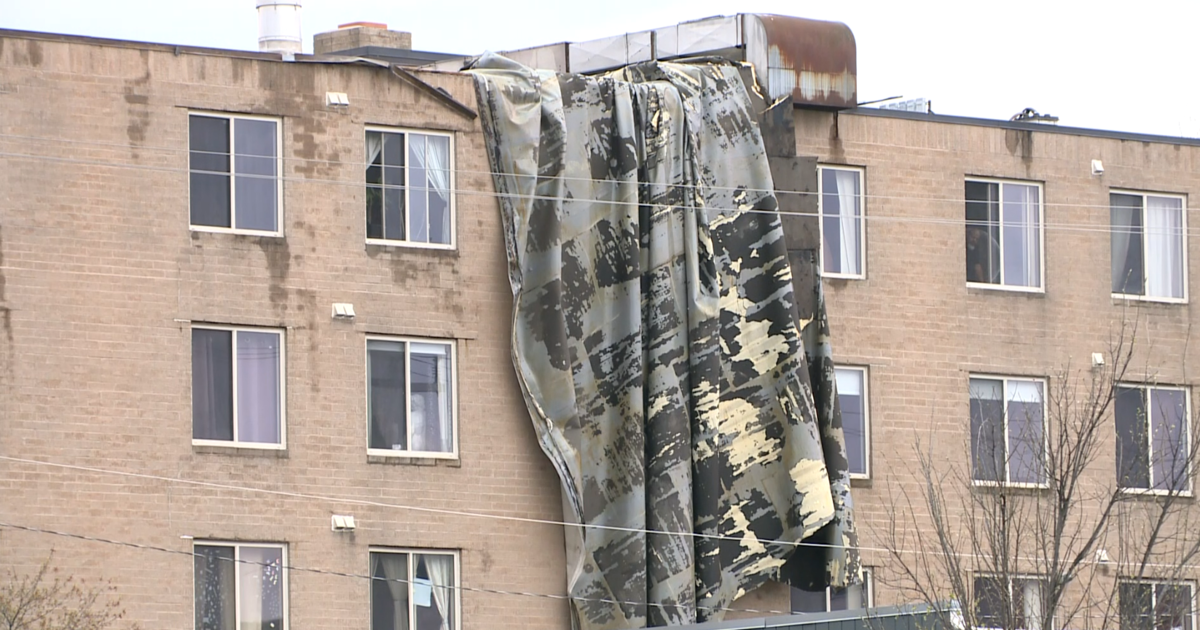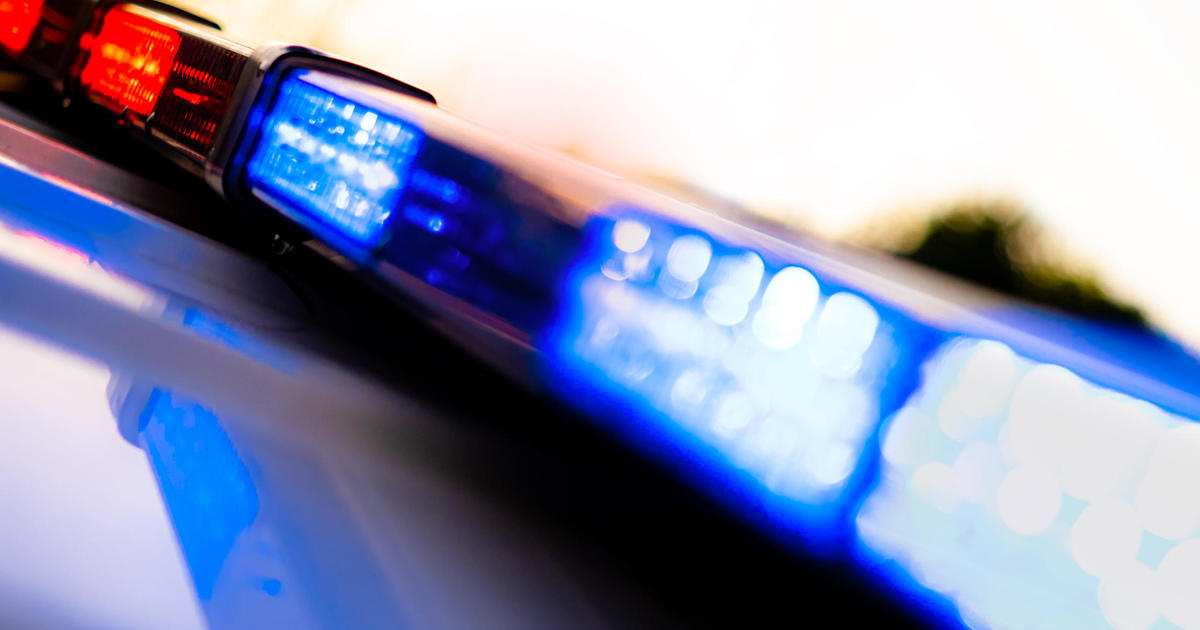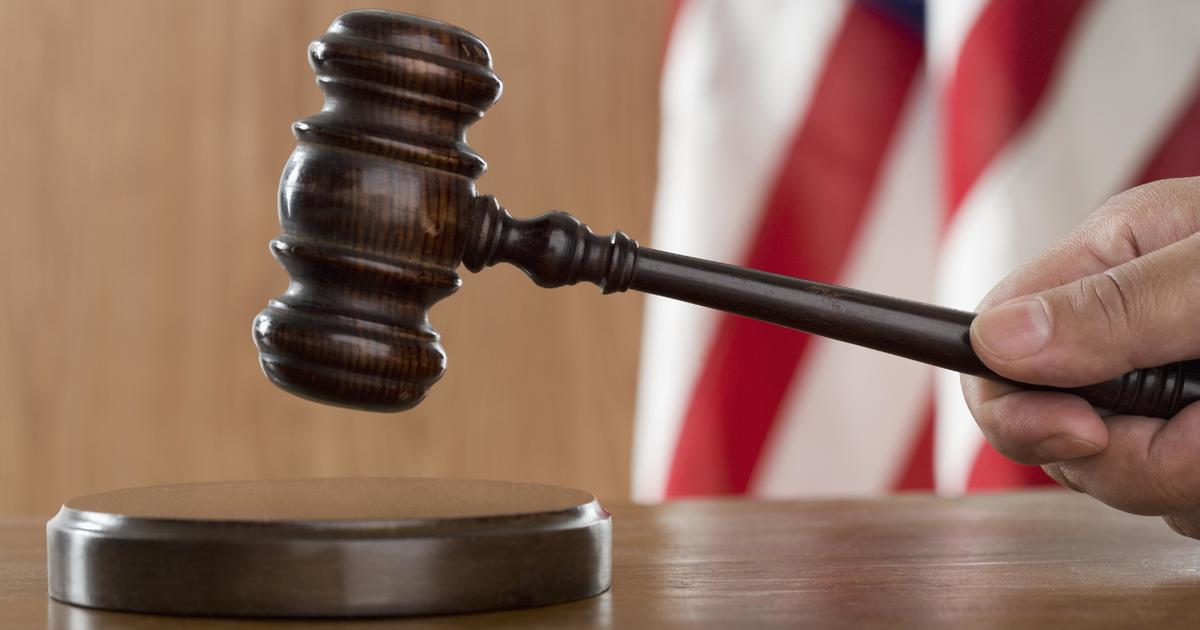Gas Company Insists Mackinac Pipelines Are Safe Despite Worn-Away Covering
DAVID EGGERT, Associated Press
JOHN FLESHER, Associated Press
DELTA TOWNSHIP, Mich. (AP) — Operators of twin oil pipelines beneath the swirling waterway where Lakes Huron and Michigan converge insisted Monday they remain structurally sound even though an outer layer of protective covering has worn away in some places, while skeptics said the deterioration is further evidence the lines should be shut down.
Officials with Enbridge Inc. said the exterior material is not essential to the pipes' integrity and there is no reason for concern about its absence in spots along the lines extending nearly 5 miles along the bottomlands of the Straits of Mackinac.
"If there was ever a time when we weren't 100 percent confident in its fitness, we wouldn't be operating the pipeline," Brad Shamla, the Canadian company's vice president of U.S. operations for liquid pipelines, told reporters before a meeting of the Michigan Pipeline Safety Advisory Board.
But many of the roughly 250 spectators, some of whom arrived in buses from northern Michigan, were not convinced. The standing-room-only gathering in a state office building west of Lansing was often testy, with pipeline opponents jeering representatives of Enbridge and supportive businesses.
Skeptics said questions about the pipeline covering, and a report submitted by an independent engineer warning of long-term wear from whipsaw currents, should heighten concerns about a potential rupture that could devastate the area's environment and tourism-dependent economy.
"We just want Enbridge to move their oil at a different route and not under the Straits of Mackinac," said Vince Lumetta, of Cheboygan.
About 23 million gallons of crude oil and liquid natural gas are pumped daily through Line 5, which runs from Superior, Wisconsin, across Michigan's Upper Peninsula to Sarnia, Ontario. It's divided into two 20-inch lines beneath the straits, a crucial link in the Great Lakes chain that comprises the world's largest surface freshwater source.
Line 5 has been a rallying cry for pipeline foes since a 2010 oil spill from another Enbridge pipe fouled the Kalamazoo River in southwestern Michigan.
Opponents last month disclosed that a work plan on Enbridge's website identifies 18 "holidays" on the underwater pipes, an industry term that generally means places where protective coating is not present.
Kurt Baraniecki, the company's integrity programs director, told the board the "holiday" references were not to Line 5's enamel coating designed to prevent leaks, but to an outer wrapping made with a glass-fiber mesh. That material has worn away in 18 spots that together make up less than 1 percent of the pipelines' surface area, he said.
The mesh helped seal the enamel when the pipes were installed in 1953 but its absence in a relatively few places poses no threat, he said.
Enbridge has no plans to replace the wrapping where it has come loose, Shamla said. Instead, those locations will be the focus of a study of whether invasive quagga mussels attached to the pipelines are causing problems.
An electrical current that runs through Line 5 would provide additional anti-corrosion protection if coating broke off and exposed bare metal, he said. A 2016 inspection with an interior tool found no evidence of enamel coating failure, he said.
Michael Shriberg, a board member and regional leader of the National Wildlife Federation, said company officials "were slicing and dicing words. What you heard them say is there is some coating missing, they don't exactly where and they don't know how much."
Edward Timm, a retired Dow Chemical engineer from Harbor Springs, presented his study expressing concern that stress from the currents is nearly double what was anticipated when the pipelines were built.
"This thing's a triple winner — it's got fatigued metal, compromised coating and thick mussel growth," he said of Line 5.
Shamla said Enbridge "didn't see a lot of new information" in Timm's report.
"We're very comfortable with the integrity and reliability of the pipeline — how it was designed, how it was built and how we continue to operate it," Shamla said.
___
Flesher reported from Traverse City, Mich.
Copyright 2017 The Associated Press. All rights reserved. This material may not be published, broadcast, rewritten or redistributed.



